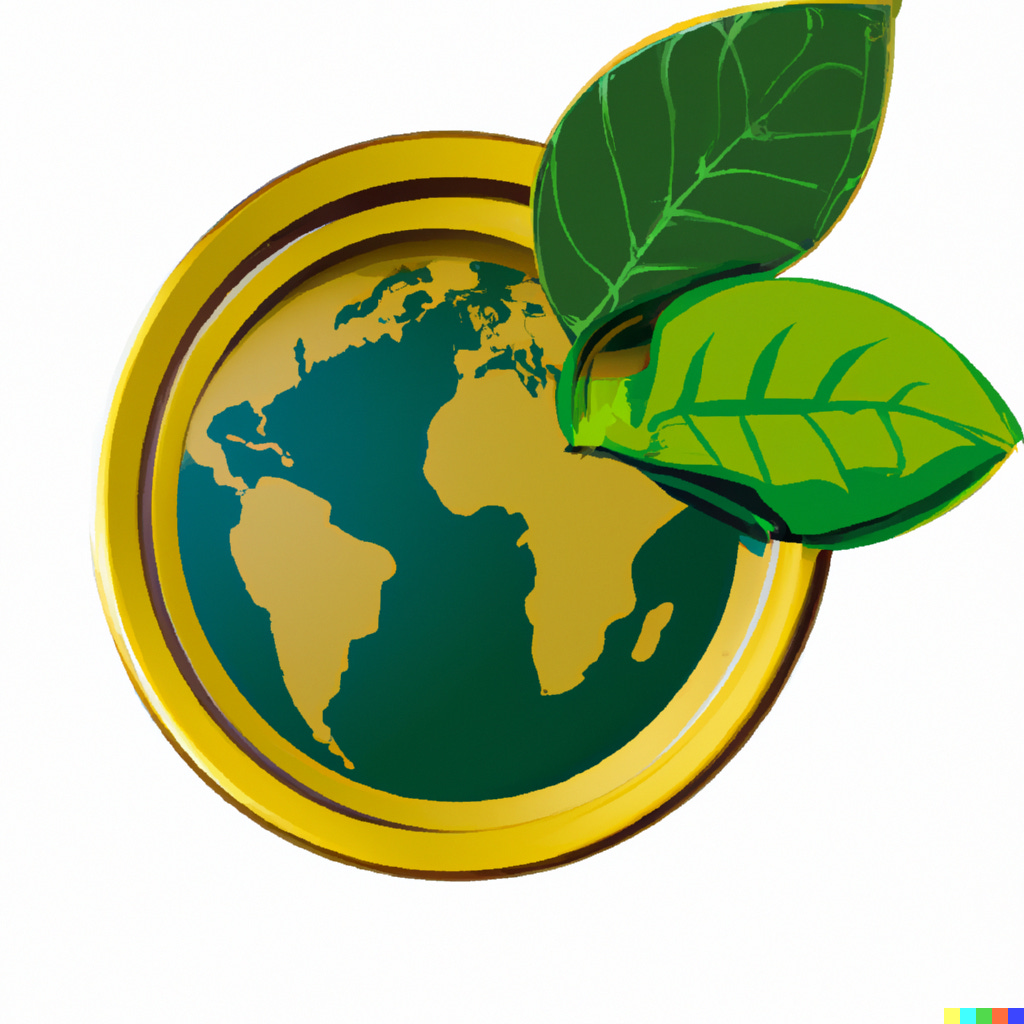During 2022, Governor Mauricio Vila Dosal's Strategy for the Recovery and Conservation of Ecosystems in Yucatan, Mexico has been improving the Mexican state’s sustainability and green status. The policy was a significant step towards a more sustainable and greener future for the region that aims to protect and rescue the diverse array of plants and animals in the state's critical reserves and areas, while simultaneously guaranteeing carbon capture. The program has been created and supported under the alignment of international commitments such as the Objectives of Sustainable Development and the global Race to Zero campaign, promoted by the United Nations.
Javier Warman, the director of Forests of the World Resources Institute (WRI) Mexico emphasizes that the recovery and conservation of ecosystems can result in economic benefits for the population. WRI studies indicate that every dollar invested in ecosystem restoration can yield up to 30 dollars in economic and social benefits.
Check out the article on our website here.
The voluntary carbon market (VCM) embedded in a portfolio of public policies is an instrument with the potential to attract additional investments for ecosystem conservation, restoration, and sustainable development. Yucatan is a region recognized worldwide for its natural ecosystems, especially tropical rainforests, mangroves, and rich biodiversity. However, these forests face high pressures from human activities such as illegal fishing and logging, land use change, and unregulated tourism. Yucatan is fortunate to have an important diversity of mangroves, occupying the third place in the area of vegetation of this type in all of Mexico. Protecting and caring for these mangroves can help the state deal with such situations. The implementation of the State Policy for the Integral Management of the Seas and Coasts, the British organization rePlanet's collaboration on a project to restore a mangrove area and generate carbon credits, and the Tech4Nature Mexico program's official beginning of operations are some of the steps towards achieving this goal.
Mangroves are crucial in the fight against climate change as they play a significant role in mitigating the impacts of rising global temperatures. These unique ecosystems are capable of absorbing and storing large amounts of carbon dioxide, helping to reduce greenhouse gas emissions. Additionally, mangroves act as natural barriers, protecting coastal communities from the devastating effects of storm surges and sea-level rise. By preserving and restoring mangrove habitats, we can ensure that these important ecosystems continue to provide valuable ecological services that benefit both people and the planet in the face of climate change.
For Yucatan, the VCM represents an opportunity to attract investment to support sustainable development initiatives and simultaneously address environmental challenges. Balancing the economic benefits of ecosystem restoration and conservation with the complexity of participating in the VCM requires a careful approach that considers the impact on communities and the environment. The government recently outlined specific roles in a roadmap to fully capitalize on the benefits of the VCM, while also addressing potential risks and safeguarding community rights. These roles aim to satisfy the needs of major stakeholders, align VCM potential with state policies and regulations, and ensure community rights are preserved.
To identify opportunities, risks, and barriers, the roadmap utilized research, expert interviews, and training workshops with subnational governments and three ejidos in Yucatan. Based on these findings, the roadmap proposes actions in three critical areas:
Enhancing communication and participation with key stakeholders from the public and private sector, civil society, and communities.
Analyzing legal competencies and adopting an internal regulation for the government.
Establishing a support hub for communities and ejidos, providing technical and legal training.





